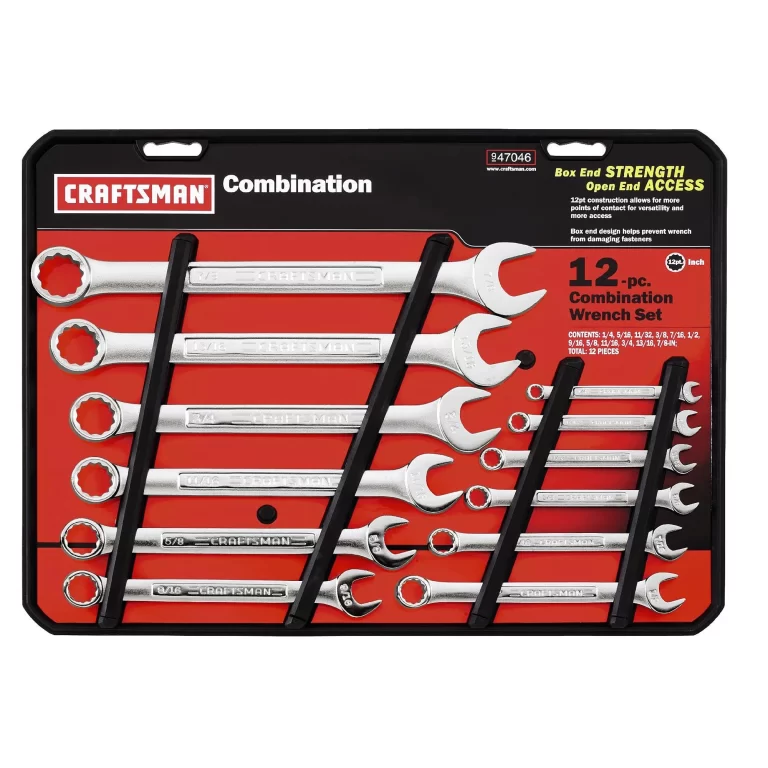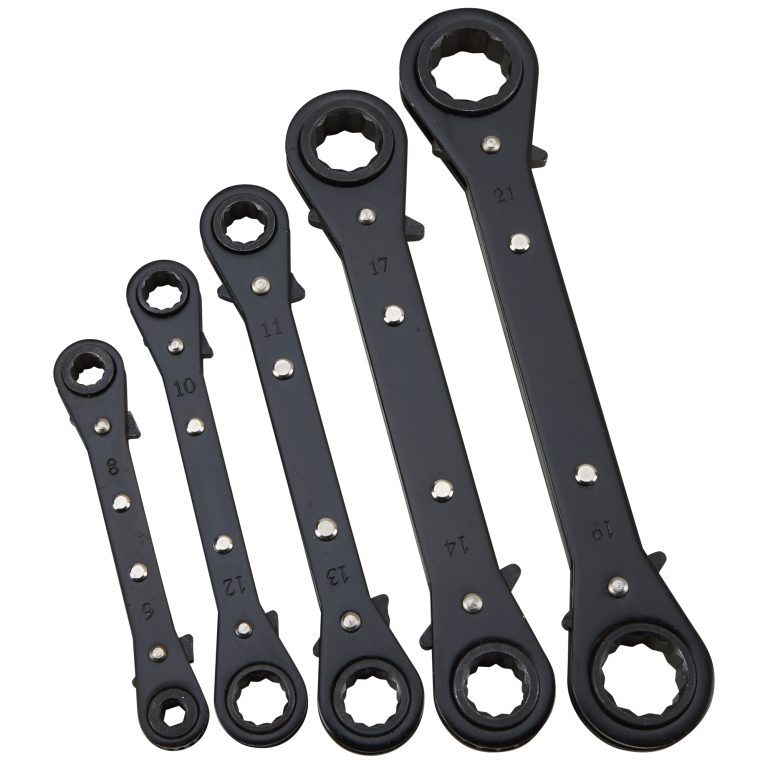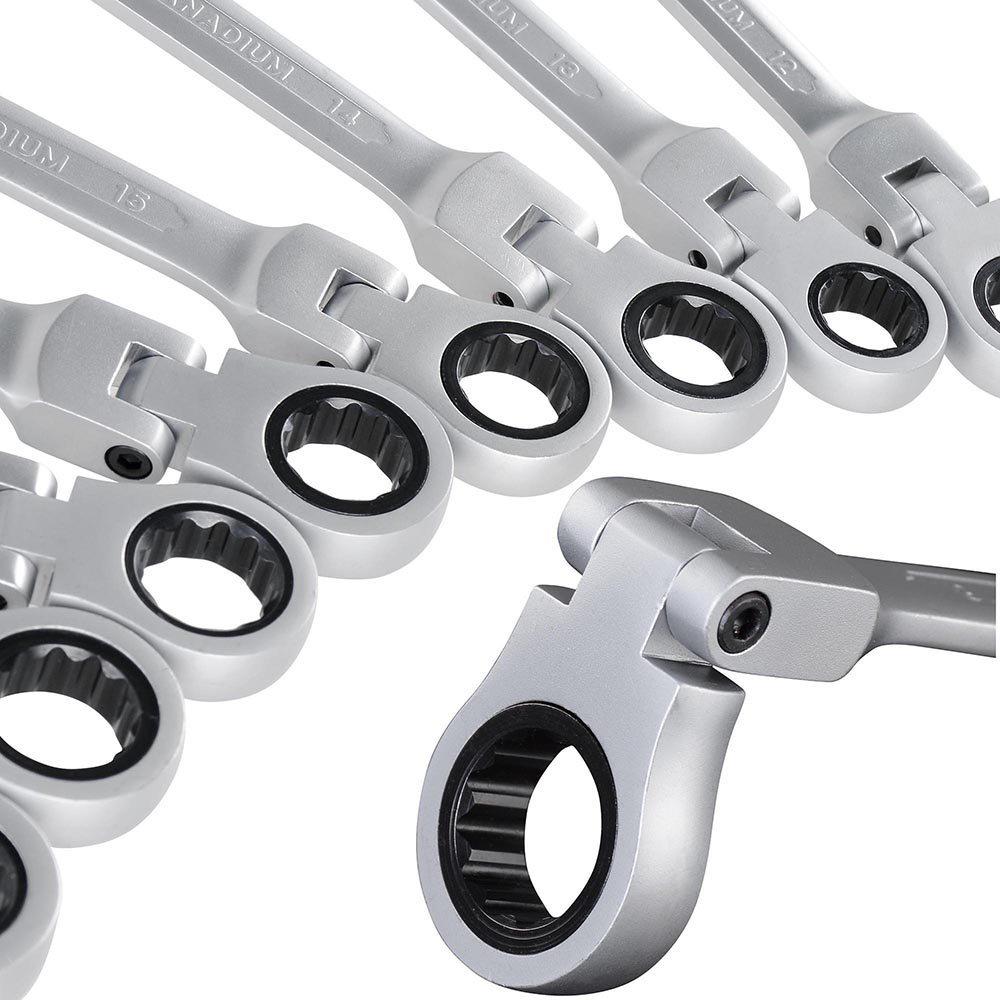
Wrench Tool: Types, Uses, and Tips for Every DIY Enthusiast
Wrench tools are indispensable in both professional workshops and home DIY projects. Whether you’re tightening a loose bolt or building furniture, having the right wrench tool can make all the difference. In this guide, we’ll explore the various types of wrench tools, their uses, and tips for choosing the best ones for your needs. By understanding the fundamentals of wrench tools, you can enhance your toolkit and tackle any project with confidence.
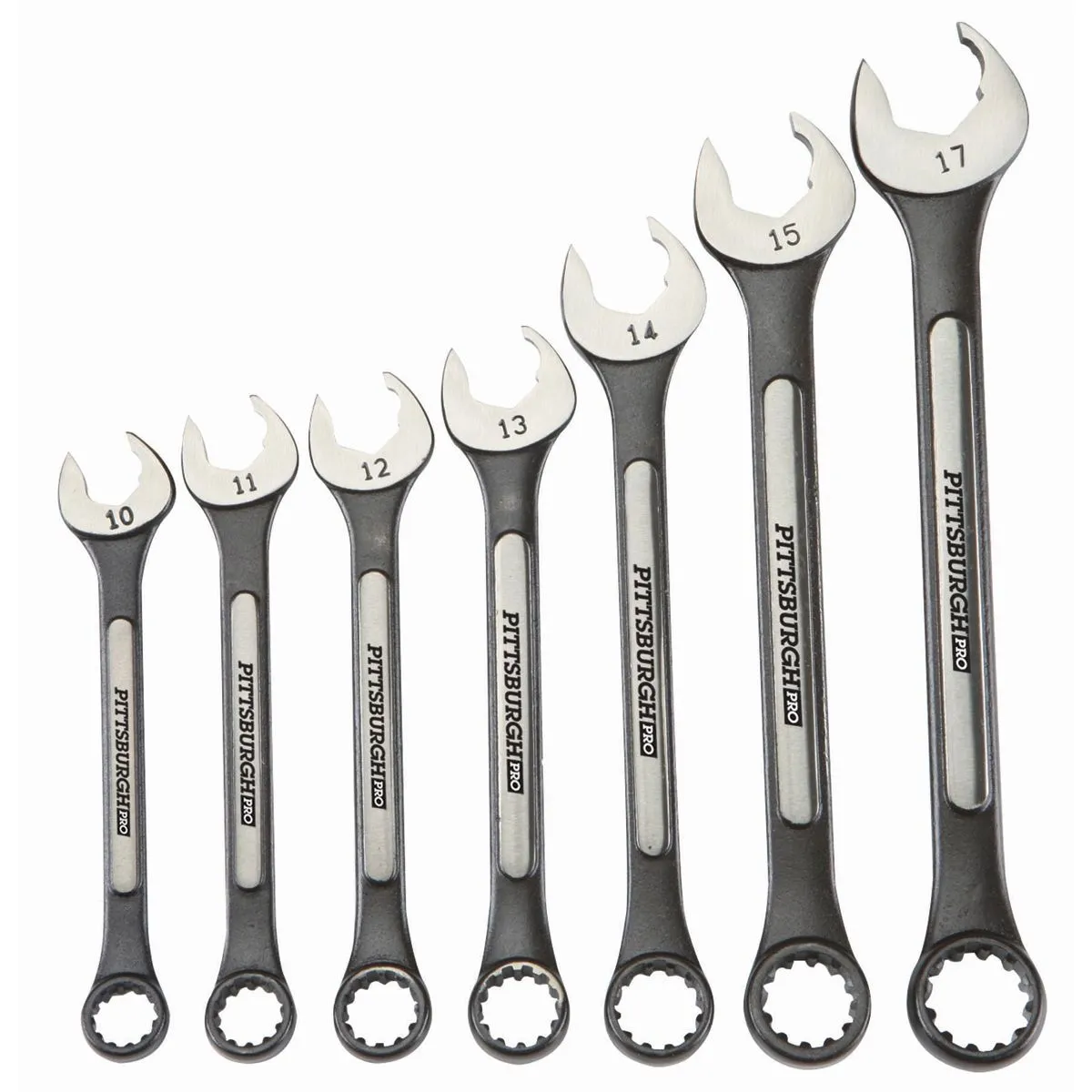 Types of Wrench
Types of Wrench
Choosing the right wrench tool can feel daunting. There are many types available, each suited for specific tasks. Understanding their characteristics can help you select the best one for your needs. Below are the most common types of wrench tools and their uses.
Adjustable Wrench
An adjustable wrench is a versatile tool. It has an adjustable jaw to fit different nut sizes. It is best for general-purpose tasks where various bolt sizes are encountered. However, it may lack precision compared to fixed-size wrenches.
Combination Wrench
A combination wrench offers two tools in one. One end is open, while the other is a box end. This dual design makes it great for tasks requiring both quick adjustments and better grip. It is commonly used in automotive and mechanical settings.
Socket Wrench
Socket wrenches come with interchangeable sockets. They work well in confined spaces due to their ratcheting mechanism. These are popular in professional and DIY settings, offering speed and efficiency during use. However, socket sets can be costlier than regular wrenches.
Torque Wrench
A torque wrench ensures that nuts and bolts are tightened to precise specifications. It is vital for applications where over-tightening may cause damage, like in automotive or machinery work. It ensures safety and avoids mechanical issues due to improper torque.
Pipe Wrench
The pipe wrench is designed for plumbing tasks. It has serrated jaws to grip rounded surfaces, like pipes and fittings. Its heavy-duty body provides strong leverage for loosening or tightening pipe joints. However, its bulkier design makes it less suitable for tight spaces.
By knowing these types and their uses, you can select the wrench tool that fits your specific requirements.
Factors to Consider When Choosing a Wrench
Selecting the right wrench tool requires evaluating multiple factors. These considerations ensure that the tool you choose meets your needs effectively. Below are key factors to keep in mind.
Size and Compatibility
Choose a wrench tool sized for your bolts and nuts. Mismatched sizes may damage the fasteners. Adjustable wrenches add versatility for multiple sizes. Fixed-size wrenches offer a precise fit for specific applications. Always check the compatibility before use.
Material and Durability
High-quality materials extend the lifespan of the wrench tool. Steel or chromium-vanadium alloys resist wear and corrosion. Look for heat-treated wrenches for added strength. Avoid tools that feel flimsy or poorly constructed.
Grip and Handle Design
Comfortable grip reduces hand strain during prolonged use. Non-slip handles improve safety in slippery conditions. Ergonomic designs let you apply more force comfortably. This feature is crucial for frequent or professional use.
Purpose of Use
Identify the main tasks you will perform with the wrench tool. For automotive repairs, torque and socket wrenches are ideal. Adjustable wrenches suit general household tasks. Each tool works best for specific applications. Match the wrench to your intended purpose.
By considering these factors, you can select a wrench tool that performs well and lasts long.
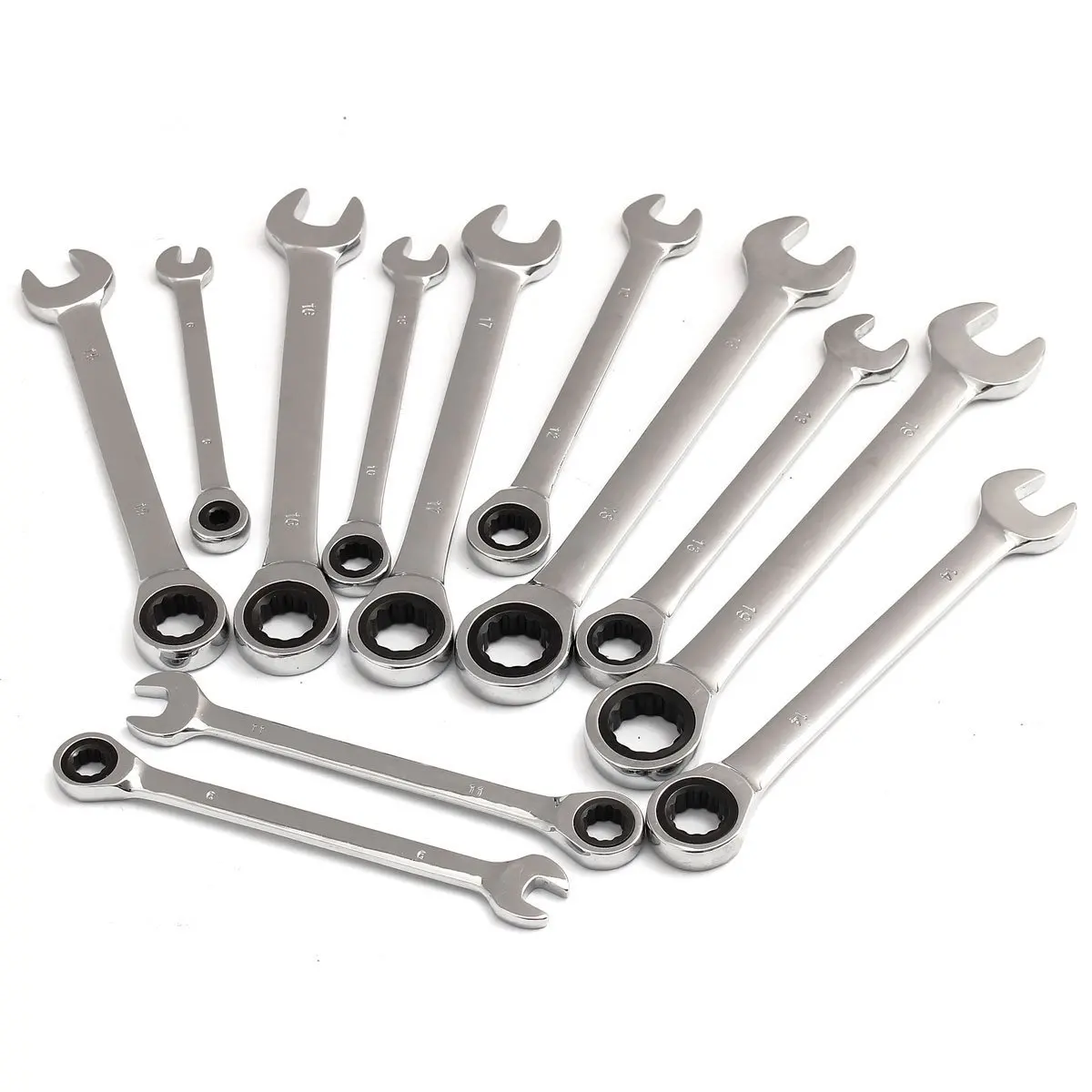 Common Applications of Wrench
Common Applications of Wrench
Wrench tools are essential for various tasks. They serve key roles in professional and everyday applications. Knowing how to use them effectively can save time and effort.
Automotive Repairs
In automotive repairs, precision and durability matter. Wrench tools like torque wrenches are vital for tightening bolts to correct specifications. Socket wrenches are useful for reaching confined engine spaces. Combination wrenches can also handle nuts and bolts during basic car maintenance. Select tools that suit your car’s fasteners for efficient work.
Plumbing Tasks
Pipe wrenches are perfect for plumbing tasks. They grip pipes and fittings securely. Use them to tighten or loosen pipe joints or replace hardware. Adjustable wrenches offer versatility for smaller plumbing repairs. Ensure tools are durable to withstand heavy-duty tasks typical in plumbing work.
Household Maintenance
Adjustable wrenches excel in household maintenance. They handle varied sizes of nuts and bolts. Use them for furniture assembly, appliance repairs, or small DIY projects. Their adaptability makes them ideal for general home tasks. Keep ergonomics in mind for comfortable handling.
Mechanical Engineering
Mechanical engineering depends on precise tools. Torque wrenches are critical for achieving exact torque settings. Socket and combination wrenches are essential for assembling machinery or equipment. These tools ensure safety and improve efficiency during complex mechanical operations.
Comparing Wrench: Pros and Cons
When choosing a wrench tool, understanding the pros and cons of different types is essential. This comparison can help you decide on the most suitable option for your tasks.
Manual vs. Power Wrenches
Manual Wrenches:
- Manual wrenches are affordable and simple to use.
- They are lightweight, making them portable for various tasks.
- You get full control over torque application.
- They require physical effort, which can tire users during prolonged work.
Power Wrenches:
- Power wrenches offer faster operation for high-efficiency jobs.
- They require less effort, reducing hand strain significantly.
- They handle heavy-duty applications like automotive or industrial tasks with ease.
- These tools are costlier and depend on electricity or batteries.
- Maintenance for power tools, including batteries or cords, adds extra considerations.
Lightweight vs. Heavy-duty Options
Lightweight Wrenches:
- Lightweight tools reduce fatigue during extended use.
- They are easier to carry for various locations.
- Ideal for household repairs, small DIY projects, or casual needs.
- May not handle heavy-duty tasks effectively.
Heavy-duty Wrenches:
- Designed for tough applications like mechanical engineering and plumbing.
- Their robust construction withstands high pressure and frequent use.
- Often bulkier, making them less portable.
- These tools may offer better leverage but might strain inexperienced users.
Comparing these options helps you evaluate whether durability, efficiency, or portability best aligns with your needs. Choose wisely based on the tasks you plan to undertake.
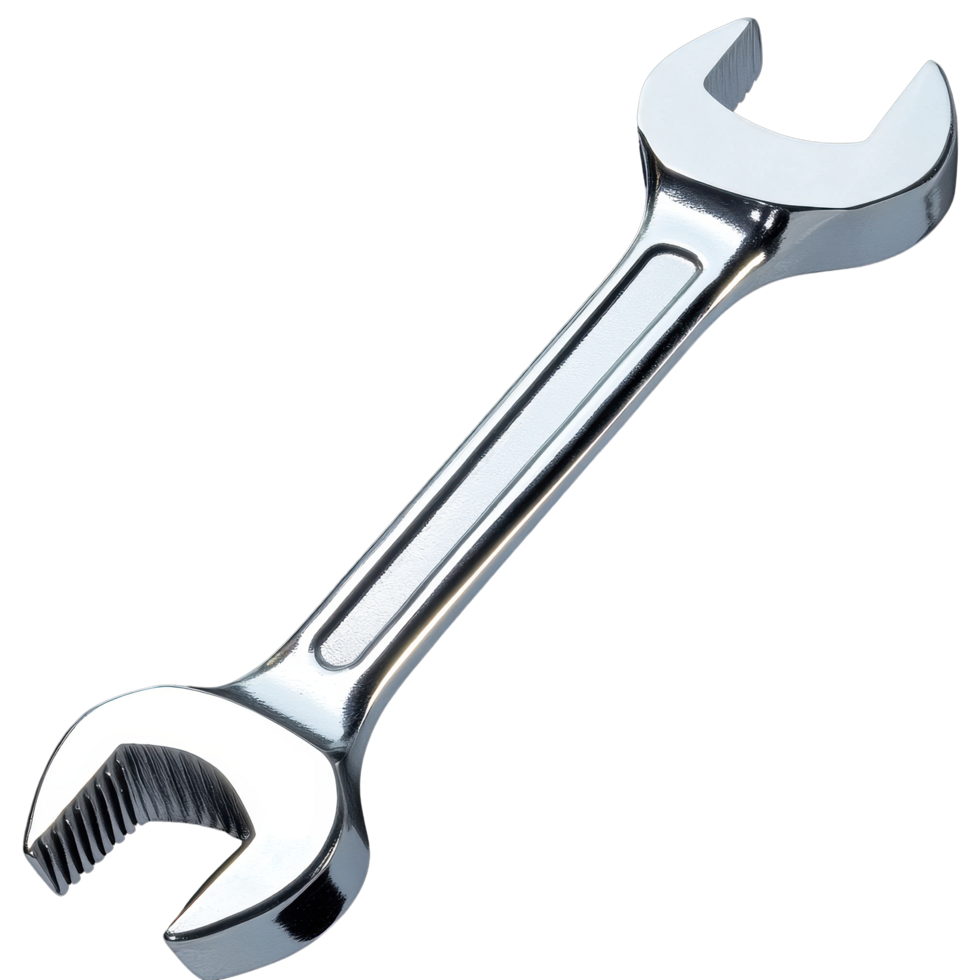 Maintenance Tips for Wrench
Maintenance Tips for Wrench
Proper maintenance keeps your wrench tools in top condition and extends their lifespan. Regular care ensures safety and optimal performance during use. Here are simple maintenance tips to follow.
Cleaning and Storage
- Clean your wrench tools after every use. Remove dirt, grease, and debris with a cloth.
- For tougher grime, use a mild soap and warm water. Dry tools thoroughly afterward.
- Avoid leaving tools in damp or dirty conditions. This prevents rust and corrosion.
- Store wrenches in a dry, organized space. Use toolboxes or wall-mounted racks to keep them secure.
- Avoid storing heavy tools on top of smaller ones to prevent damage.
Avoiding Rust and Corrosion
- Wipe tools with a light coat of oil after cleaning. This creates a rust-resistant barrier.
- Use anti-corrosion sprays for added protection in humid environments.
- Avoid exposing wrench tools to water or moisture for extended periods.
- If rust starts to form, gently scrub it away with a wire brush or steel wool.
Regular Inspection for Wear and Tear
- Check wrenches for signs of damage, like cracks or worn-out teeth.
- Tighten any loose parts, especially on adjustable wrenches.
- Replace tools that show severe wear or are no longer functioning properly.
- Inspect handles for damage or loss of grip material to ensure safe usage.
- Regular inspections improve performance and prevent accidents during use.
By keeping these maintenance tips in mind, you ensure your wrench tools remain reliable and efficient for all tasks.
Where to Buy Quality Wrench
Finding the right wrench tool is important for successful tasks. Choosing where to buy them matters just as much. Each purchase option comes with unique benefits. Below are the top sources to consider for high-quality wrench tools.
Local Hardware Stores
Local hardware stores offer a hands-on shopping experience. Customers can inspect tools closely before purchasing. Assistance from knowledgeable staff ensures you pick the right wrench tool. Additionally, local stores often stock essential accessories and spare parts. Immediate availability is another big advantage. However, options may be limited compared to larger retailers or online outlets.
Online Retailers
Online retailers provide unmatched convenience and variety. Platforms often showcase a wide selection of wrench tools across price ranges. Detailed product descriptions and customer reviews guide purchase decisions. You can compare prices across brands quickly. Many websites also offer fast shipping and promotional discounts. However, you miss the chance to physically examine the tools before buying. Be sure to choose reputable sellers to avoid counterfeit products.
Professional Tool Brands
Buying directly from professional tool brands ensures top-notch quality. These brands specialize in manufacturing durable and reliable wrench tools. Popular names often have dedicated stores or websites. Tools from these sources typically come with warranties for extra peace of mind. Some brands even offer customization options or exclusive collections. The downside is that such tools are often pricier but worth the investment for professionals.
By choosing the right source, you can ensure you get a durable and efficient wrench tool.
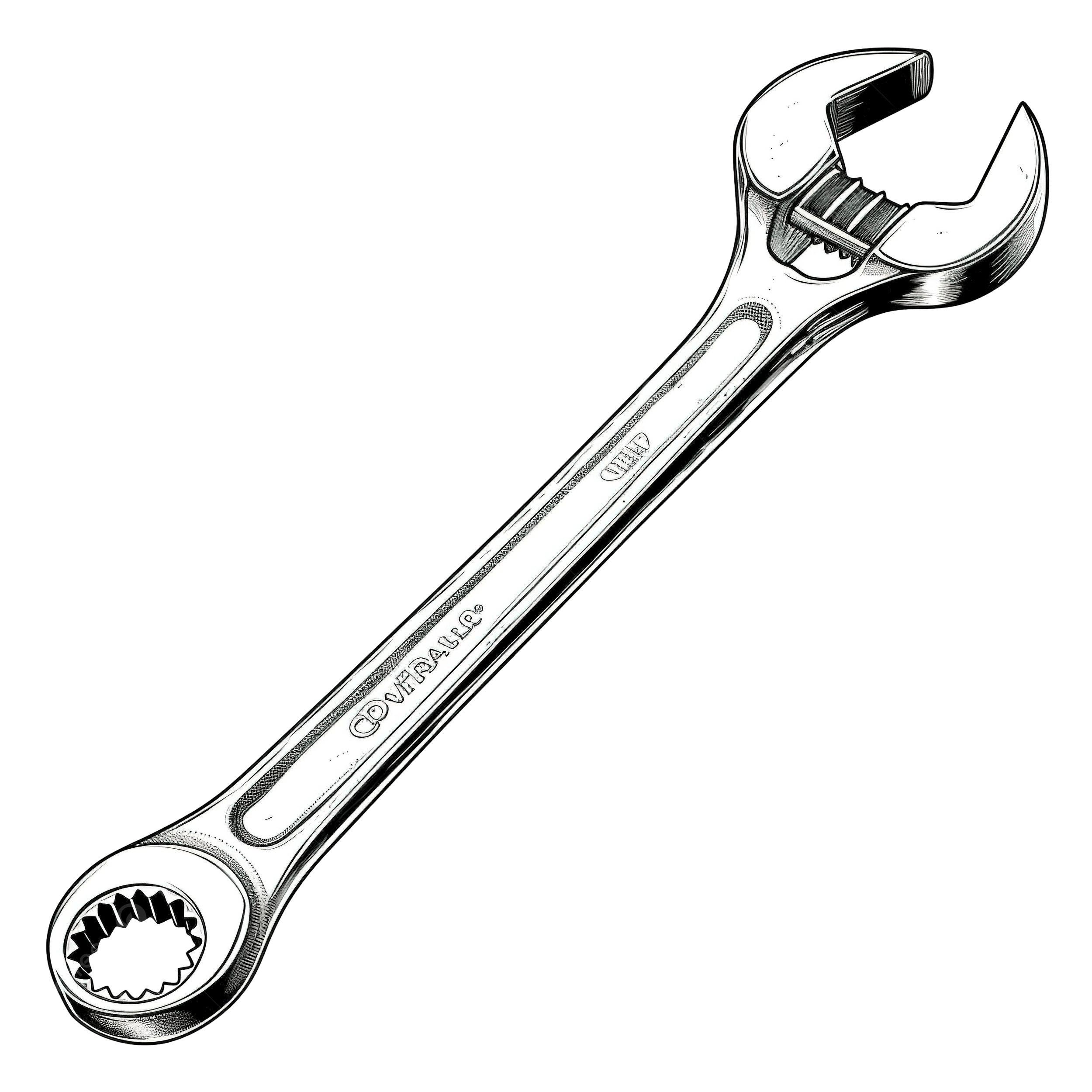 Common Mistakes to Avoid with Wrench
Common Mistakes to Avoid with Wrench
Using wrench tools incorrectly can lead to damage or injury. Here are some common mistakes and how to avoid them:
Using the Wrong Size
Always use the correct size wrench tool for the bolt or nut. Using an incorrect size can strip the fastener or damage the tool.
Applying Excessive Force
Applying too much force can break the wrench tool or the fastener. Use gradual pressure and let the tool do the work.
Neglecting Maintenance
Failing to clean and maintain your wrench tools can lead to rust and decreased functionality. Regular maintenance is essential for longevity.
Improper Storage
Storing wrench tools haphazardly can cause damage and make it difficult to find the right tool when needed. Keep your tools organized and protected.
DIY Projects Perfect for Wrench
Wrench tools are essential for a wide range of DIY projects. Here are some ideas to inspire your next project:
Assembling Furniture
Use Allen wrenches and combination wrenches to assemble flat-pack furniture quickly and securely.
Fixing Leaky Faucets
An adjustable wrench is perfect for tightening or replacing faucet parts, ensuring a leak-free plumbing system.
Building a Deck
Pipe wrenches and socket wrenches are essential for securing bolts and screws when constructing a sturdy deck.
Car Maintenance
Regular car maintenance tasks, such as changing oil filters or tightening bolts, require a variety of wrench tools for efficient completion.
Installing Shelves
Use combination wrenches to mount brackets and ensure that shelves are securely attached to the wall.
Wrench Tools in Professional Workspaces
In professional settings, having the right wrench tools is crucial for efficiency and success. Here’s how different industries utilize wrench tools:
Automotive Industry
Mechanics rely on a wide range of wrench tools, including socket sets, torque wrenches, and ratcheting wrenches, to repair and maintain vehicles.
Construction
Construction workers use pipe wrenches, adjustable wrenches, and combination wrenches for building structures, installing plumbing, and other tasks.
Manufacturing
In manufacturing, precision wrench tools like torque wrenches and hex keys are essential for assembling machinery and equipment accurately.
Home Improvement
Homeowners and DIY enthusiasts use wrench tools for various projects, from fixing appliances to building furniture and performing routine maintenance.
The Future of Wrench
The evolution of wrench tools continues with advancements in technology and design. Here’s what to expect in the future:
Smart Wrenches
Smart wrenches equipped with digital displays can measure torque accurately and connect to smartphones for data tracking and analysis.
Lightweight Materials
Future wrench tools may incorporate lighter materials without compromising strength, making them easier to handle and reducing user fatigue.
Enhanced Ergonomics
Improved ergonomic designs will offer better grip and comfort, making wrench tools more user-friendly and efficient.
Multi-Functional Tools
Innovative wrench tools that combine multiple functions into a single tool will become more popular, offering greater convenience and versatility.
 Conclusion: Embrace the Versatility of Wrench Tools
Conclusion: Embrace the Versatility of Wrench Tools
Wrench tools are essential for anyone involved in mechanical work, construction, or DIY projects. Their versatility, durability, and precision make them indispensable in various applications. By understanding the different types of wrench tools, selecting the right ones for your needs, and maintaining them properly, you can ensure that your toolkit is always ready for any challenge. Whether you’re a professional mechanic or a home DIY enthusiast, investing in high-quality wrench tools will enhance your efficiency and effectiveness in completing projects with ease and confidence. Embrace the versatility of wrench tools and take your skills to the next level.
